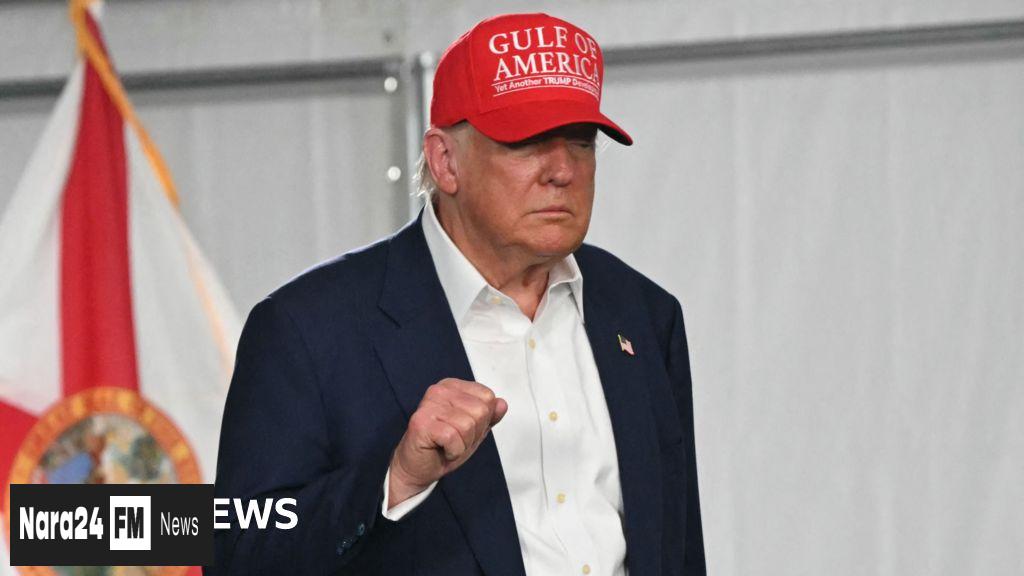The United States Senate has passed the highly debated "One Big Beautiful Bill Act" after a tie-breaking vote from Vice-President JD Vance. This bill, a key component of President Donald Trump's second-term agenda, cleared one of its major hurdles following more than 24 hours of heated debate. The bill, now headed back to the House of Representatives, still faces opposition. An earlier version was successfully passed by House Republicans by a single-vote margin. President Trump had set a deadline of July 4th for Congress to send him a final version of the bill for his signature. The Senate's passage of the bill was met with applause among Senate Republicans, while Democrats expressed their disapproval, shaking their heads and sinking into their seats. Disputes over the deficit, social programs, and spending levels had posed challenges for Republicans, causing delays and prompting Trump to concede that meeting the deadline would be difficult. Senate Majority Leader John Thune lost three Republican votes during the narrow vote, with Maine's Susan Collins, North Carolina's Thom Tillis, and Kentucky's Rand Paul joining all Democrats in voting against the bill. However, Republican leaders were able to secure the support of Alaska Senator Lisa Murkowski, who had been withholding her support due to concerns over cuts to Medicaid in her state. Despite her support, Murkowski appeared discontent with the bill, describing the process as "rushed" and under an "artificial timeline." She expressed her hope that the House of Representatives would recognize that the bill is not yet finalized. The legislation, if signed into law, would make permanent large tax cuts that were temporarily enacted during Trump's first term. To compensate for the expected loss of revenue, Republicans have proposed cuts to a wide range of programs, including food subsidies and healthcare for lower-income Americans. The bill's future remains uncertain, as it faces opposition from different angles. House Republicans must approve the changes made by the Senate before the president can sign the bill into law, but they can only afford to lose three votes. Fiscal conservative hawks have expressed their displeasure with the potential addition to the US national deficit, while other Republicans are concerned about the bill's proposed cuts to the Medicaid health insurance program. Democrats in both chambers of Congress have also criticized the proposed welfare cuts. Among the bill's critics are tech billionaire Elon Musk, who has threatened to set up a new political party if the bill passes Congress.
Source URL: https://www.bbc.com/news/articles/clyzzzdj15vo








Comments (0)
Leave a Comment
Be the first to comment on this article!